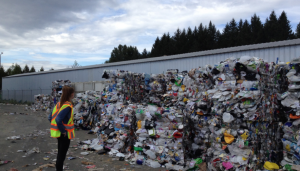
Recyclable versus Recycling
Recyclable and recycling are not one and the same yet are often used interchangeably. What are the differences between the two words and why is it important to use them correctly?

Recyclable and recycling are not one and the same yet are often used interchangeably. What are the differences between the two words and why is it important to use them correctly?
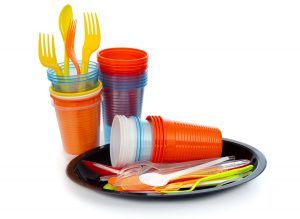
The BioSinn project found products and applications for which biodegradation at the end-of-life is a real option. 25 fact sheets answer technical and regulatory questions for each application. The market volume of these applications was also estimated: in Germany, it is about 170,000 tonnes, in the European Union about 1 million tonnes per year!
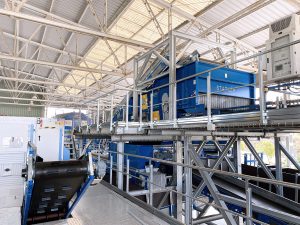
Altshausen, 7 June,2021 –The LIFE4FILM project (LIFE17/ENV/ES000229), financed by the LIFE programme of the European Union, has the objective of preventing the disposal of plastic film in landfill sites, and recovering this material.
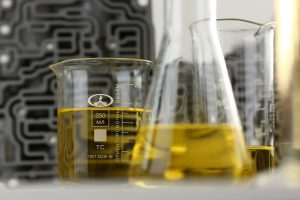
Tokyo, Japan, June 1, 2021 – BASF Japan and Mitsui Chemicals have started a collaborative study to promote chemical recycling in Japan. Through cooperation across the value chain, BASF and Mitsui Chemicals will evaluate collaborative business models and various options to commercialize chemical recycling in Japan to address the local challenge of plastic waste recycling.
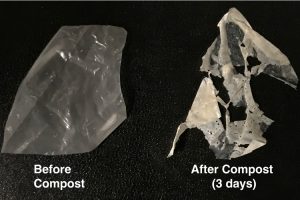
Biodegradable plastics have been advertised as one solution to the plastic pollution problem bedeviling the world, but today’s “compostable” plastic bags, utensils and cup lids don’t break down during typical composting and contaminate other recyclable plastics, creating headaches for recyclers. Most compostable plastics, made primarily of the polyester known as polylactic acid, or PLA, end up in landfills and last as long as forever plastics.

Starting from next month, one of our most recognisable brands – Finish – will help Reckitt get even closer to its 2025 sustainability goals, as it incorporates more recycled plastic into its packaging at a global level.
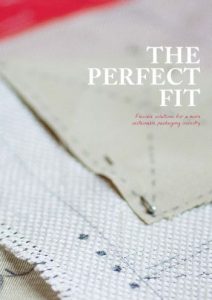
The report shows how flexible packaging offers the ‘perfect fit’ solution to sustainability challenges today. It provides a simple and adaptable answer to portioning, preservation and demands for convenience.
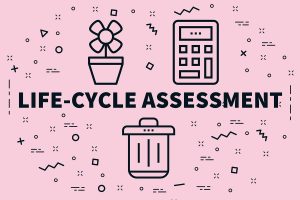
The “Comparative Life Cycle Assessment (LCA) of different Pouches and alternative packaging systems for food (Pasta Sauce and Olives) on the European market” conducted by ifeu Heidelberg investigates the environmental performance of multi-material flexible pouch systems used for Pasta Sauce and Olives and compares it with those of alternative packaging systems i.e. glass jars and steel cans.
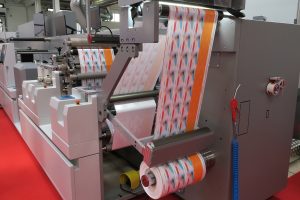
A recent Life Cycle Assessment (LCA) study has provided significant evidence on the environmental advantages of flexible packaging in almost all environmental impact categories, including carbon footprint. This study provides valuable scientific insights into the impact of multi-material flexible pouches in comparison to other commonly used packaging formats.

Today, the European Commission provides guidance on the EU rules on single-use plastics and adopts an Implementing Decision on the monitoring and reporting of fishing gear placed on the market and waste fishing gear collected. These rules aim to reduce marine litter from single-use plastic products and fishing gear and promote the transition to a circular economy with innovative and sustainable business models, products, and materials.
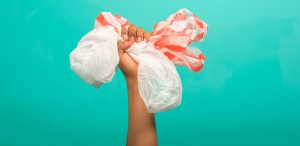
The Flexible Plastic Fund is a UK industry first and is being led by Ecosurety with support from environmental charity, Hubbub. In collaboration with retailers, recyclers and manufacturers – including Mars UK, Mondelēz International, Nestlé, PepsiCo and Unilever – the Fund intends to improve flexible plastic recycling and reduce plastic pollution by giving the material a stable value.
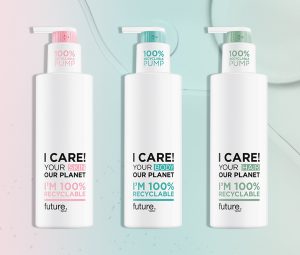
We proudly announce the launch of the company’s first fully recyclable monomaterial pump for the beauty and personal care industries, called Future. Certified and Sustainable by Design In order to facilitate recycling, Future was designed using polyethylene (PE) monomaterial only.